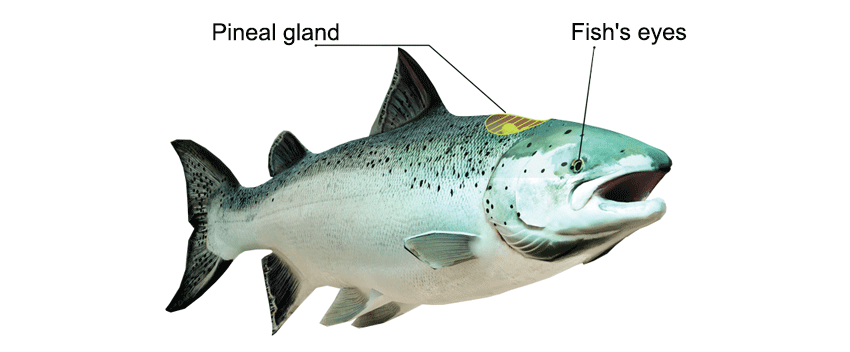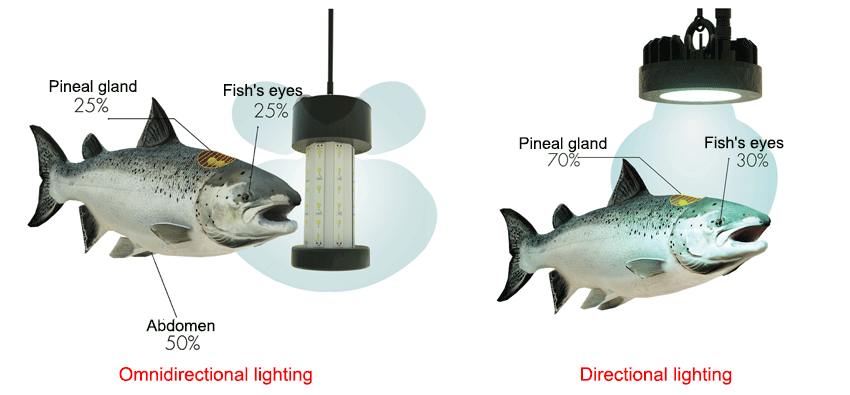

In the competitive world of fish farming, the choice between omnidirectional and directional lighting can make a substantial difference in operational success. At SOL, a leading manufacturer of custom LED modules, we've witnessed how different regions have their own preferences: while Chilean fish farmers lean towards omnidirectional lighting, those in Norway are partial to directional solutions. But which lighting method truly reigns supreme for optimal fish farming?
Understanding Fish Physiology and Lighting Needs
To delve into this question, we must first explore the physiological structure of fish. The primary photoreceptive organs in fish are their eyes and the pineal gland, which is typically located on the top of their head. A well-designed artificial lighting system should mimic the sun’s illumination pattern, providing direct lighting from above to effectively engage both the fish’s eyes and pineal gland.
The Superiority of Directional Lighting
From a scientific standpoint, directional lighting presents numerous advantages. Its ability to focus light directly onto fish makes it beneficial for promoting healthy growth and wellbeing. Moreover, one significant challenge in salmon farming is the management of sea lice – these pesky parasites are often found in shallow waters. Directional lighting can effectively draw salmon to specific water layers, minimizing their exposure to these vulnerable zones.
The Case for Omnidirectional Lighting
However, the choice isn't straightforward. Omnidirectional lighting has unique benefits as well. Its structural design allows it to quickly submerge in water, resisting buoyancy while being easier to manage. This is particularly advantageous for small-scale breeders who need effective yet cost-efficient solutions.
Balancing Costs and Benefits
Ultimately, the decision between omnidirectional and directional lighting comes down to a balance between benefits and costs. Fish farmers must consider their specific needs: Do you prioritize pest management and targeted lighting, or are you looking for a more budget-friendly, flexible lighting solution?
Conclusion
At SOL, we understand the critical role that lighting plays in fish farming. As you think about your lighting options, consider the unique challenges and requirements of your operations. Whether you lean towards omnidirectional or directional, our customized LED solutions are designed to meet your specific needs and help ensure your farming success.
Call to Action
Ready to elevate your fish farming operations with the best lighting solutions? Contact SOL today to explore our range of customized LED modules tailored for aquaculture!

